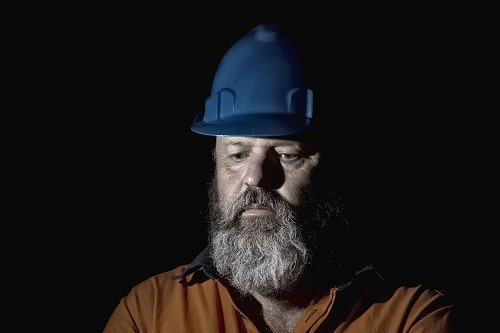Funding cuts have placed the UK’s Health and Safety Executive (HSE) under “considerable financial pressure” as its remit has simultaneously expanded, but the regulator is committed to ensuring it gets the best value out of the money it has, a Parliamentary Select Committee has heard.
News
HSE tells MPs it has been under ‘considerable’ financial pressure, but productivity is on the rise
Answering questions from Members of Parliament during a Work and Pensions Select Committee meeting on 5 February, HSE chair Sarah Newton said the regulator had had to make £100 million in savings since 2010. During this time its responsibilities have “significantly expanded”, particularly in the areas of post-Brexit chemical regulation, the UK’s transition to net zero and the safe deployment of artificial intelligence.
 HSE's leadership addressed a Work and Pensions Select Committee on 5 February. Photograph:iStock/benedek
HSE's leadership addressed a Work and Pensions Select Committee on 5 February. Photograph:iStock/benedek
HSE’s chief executive, Sarah Albon, told MPs that local authorities and HSE had been “under considerable financial pressure”, but that the health and safety regulator has “achieved the efficiencies” it set out to achieve.
“As with all parts of the public sector, there’s a lot more we’d like to do if we were able and funded to do that,” said Albon. She added that finances “remain challenging for us”, and the fact that HSE is funded through three separate government departments “leads to complexities”. However, said Albon, “we remain very committed to ensuring we get the best value out of the money we have”.
Ahead of the Select Committee meeting, British Safety Council’s chief executive, Mike Robinson, voiced concerns about HSE funding cuts and emphasised the importance of a well-funded health and safety regulator.
“This very real funding cut does not reflect the material additions to HSE’s workload, nor does it reflect the scale of the challenges that the future holds,” said Robinson. “We know that the future will be defined by rapid change that will likely have profound impacts on workplace safety. From technology and AI to the changing nature of how and where we work, the challenges our sector faces are both important and varied.”
Responding to a question alluding to a 30 per cent drop in the number of HSE inspections and an increase in the cost per inspection, Albon said this was “partly accurate”. The regulator has been “shifting more resources” into preventing catastrophes at major hazard sites “as budgets have been squeezed”.
She also pointed to a “significant period” a decade ago when a hiring freeze prevented HSE from recruiting inspectors – something it is still recovering from. Filling those vacancies has placed a “training burden” on HSE’s experienced inspectors and has been “a drain on our ability to do as much productive work as we’d want to do”.
“We have undoubtedly had to recover from recruitment freezes,” said Albon, adding that “the proportion of really experienced to less experienced [inspectors] is not where we’d want it to be”.
Despite these challenges, Albon said: “We’ll see improving productivity this year, next year and for the foreseeable future. We’re in an upward trend now.”
NEWS

Employers unprepared for menopause duties, research suggests
By Belinda Liversedge on 24 February 2026
Most employers remain uncertain about duties coming into force to support female workers undergoing the menopause, a new poll suggests.

Ramadan: what employers should know about supporting their workforce
By Belinda Liversedge on 18 February 2026
As Ramadan begins this week, UNISON has reminded employers to think about reasonable adjustments for their Muslim workforce’s religious observance such as fasting, prayers, and flexible schedules.

Nearly half of UK workers afraid to flag risks, finds new research
By Belinda Liversedge on 10 February 2026
A significant “silence gap” is threatening UK workplace safety and operational integrity, according to new data released by training provider Mental Health First Aid (MHFA) England.



